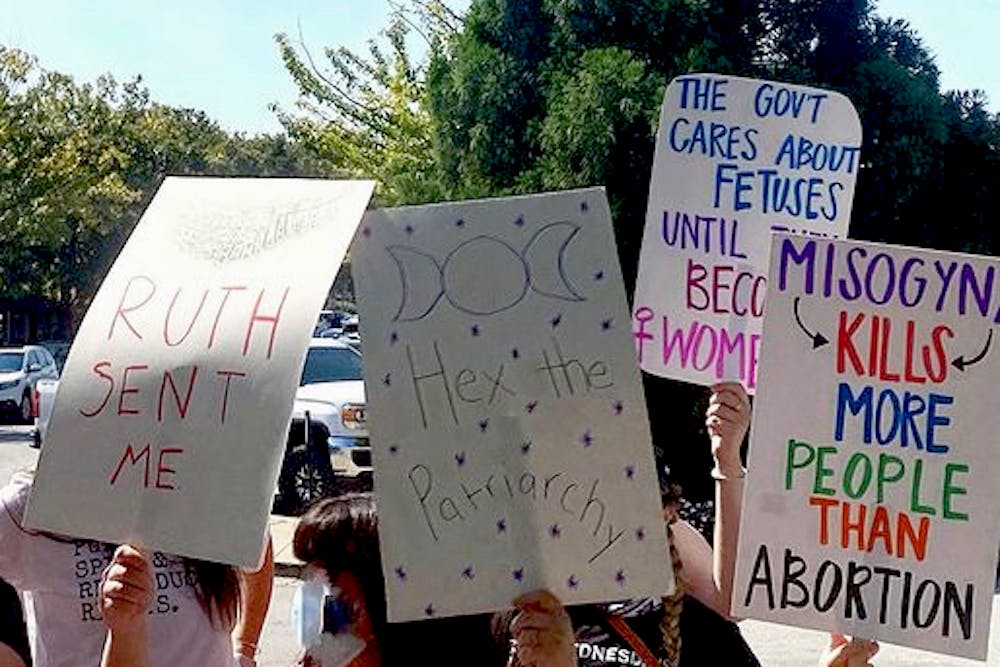When students at USC were frustrated with politics causing division based on political parties and viewpoints they united and created the American Civil Liberties Union (Columbia College Chapter) (ACLU Cola). The organization was founded in 2018 and continues to grow today.
ACLU Cola is the USC chapter of the ACLU national organization, which aims to protect people's individual rights and civil liberties in the United States, according to the American Civil Liberties Union. As an organization, ACLU Cola works to inspire students to advocate for themselves and others who may not be able to in the fight to defend these rights through political action ACLU Cola co-President, Ariel Pantoja, said.
"I became involved in the American Civil Liberties Union because I'm really passionate about civil liberties. And I believe everyone, regardless of their background deserves basic human rights,” Pantoja said. Pantoja is a second-year political science student.
ACLU Cola is one of a few non-partisan political organizations on campus. Regardless of political affiliation, all students are invited to join ACLU Cola to support the protection and growth of civil liberties. Though they are from different backgrounds, majors and political parties, together, they form a community working towards a common goal; advocating for civil justice around the nation, Pantoja said.
"I just really wanted a community of like-minded people," ACLU co-President and second-year pharmaceutical sciences student, Grace Thompson, said.
An average ACLU Cola meeting involves discussing current civil rights issues facing the nation and local communities, Pantoja said. After members discuss, they plan how they want to take action. This usually includes attending protests and rallies, signing petitions and writing letters to South Carolina senators.
The discussions during meetings are intended to create a safe space for students to voice their opinions and concerns, with the purpose of everyone learning something new and respecting everyone else as individuals.
"I really think it cultivates mindfulness. You're thinking more about the people around you, thinking about how your actions are affecting people in day-to-day interactions. More students getting involved in that it just promotes a more diverse and a more, I don't know, maybe a safer campus," Rosie Booker, ACLUCola general officer and second-year biology student, said.
Meetings also can include having guest speakers or ACLU S.C. representatives visit the group.
Most students involved in ACLU Cola are interested in politics and how the law impacts the interpretation of the civil rights guaranteed by the constitution. ACLU is interested in landmark court cases and current civil liberties cases, such as Roe v. Wade and Brown v. Board of Education, according to Booker.
"It's also something that interests me. I've always been about politics. And I've always been inspired by change,” Pantoja said. “And I think that we should continue to make progress. And I think it's very important for young people to be heard, especially in our generation."
This semester the group plans on having more guest speakers, increasing volunteer hours and participating in more local civil liberty-involved events such as protests and signings. It will also continue to do up-to-date research and distribute the information to its members, Thompson said.
ACLU Cola hosts its meetings at 7 p.m. every other Wednesday over Zoom. Information can be found on Garnet Gate or on its Instagram @ACLUcola.

